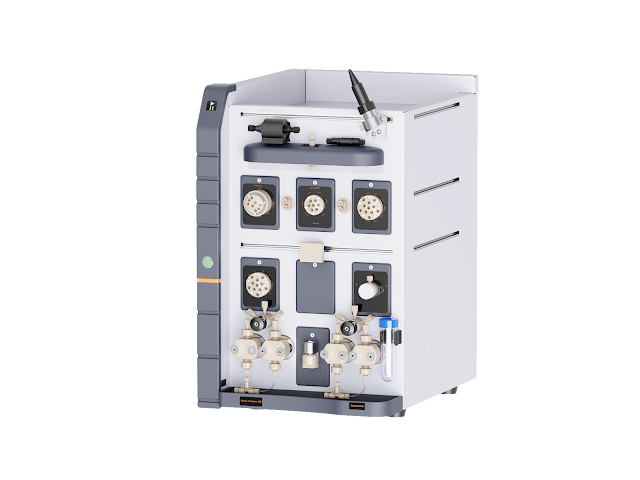Revolutionizing Genetic Research with Oligonucleotide Synthesis and DNA Synthesizers
Oligonucleotide Synthesis is a pivotal process in genetic research and biotechnology. This technique involves the chemical synthesis of short DNA or RNA sequences, which are essential for various applications, including PCR, sequencing, and gene editing. The ability to create specific oligonucleotides has revolutionized molecular biology, allowing scientists to explore and manipulate genetic material with unprecedented precision. This precision has led to significant advancements in understanding genetic diseases and developing targeted therapies.

Applications of Oligonucleotide Synthesis
The applications of oligonucleotide synthesis are vast and varied. In diagnostic laboratories, synthesized oligonucleotides are used as probes and primers to detect genetic mutations and infectious agents. In therapeutic research, they serve as the foundation for developing antisense oligonucleotides and RNA interference therapies, offering new avenues for treating genetic disorders and diseases. These applications highlight the essential role of synthesized oligonucleotides in both research and clinical settings.
Advancements in DNA Synthesizers
DNA Synthesizer has played a crucial role in advancing oligonucleotide synthesis. These automated machines enable the rapid and accurate production of custom DNA sequences, significantly reducing the time and effort required for manual synthesis. Modern DNA synthesizers offer high throughput, improved yield, and enhanced purity, making them indispensable tools in research and clinical settings. The automation and precision of these machines have drastically increased the efficiency of genetic research.
Enhancing Research Capabilities
The integration of DNA synthesizers into laboratories has enhanced research capabilities across various fields. From studying gene function and regulation to developing novel therapeutics, the precise and efficient synthesis of oligonucleotides is driving innovation and discovery. Furthermore, the accessibility of DNA synthesizers has democratized genetic research, allowing more laboratories to participate in cutting-edge studies. This widespread availability is fostering collaboration and accelerating the pace of genetic research.

Future Directions in Genetic Research
As genetic research continues to advance, the role of oligonucleotide synthesis and DNA synthesizers will become even more critical. Future developments may include more sophisticated synthesizers capable of producing longer and more complex sequences with higher accuracy. These innovations will likely open up new possibilities in gene therapy, synthetic biology, and personalized medicine, further revolutionizing the field of genetics.
Conclusion
The advancements in oligonucleotide synthesis and the development of sophisticated DNA synthesizers have revolutionized genetic research. These technologies continue to drive progress in molecular biology, enabling scientists to unlock the mysteries of the genome. For more information on DNA synthesizers and other lab equipment, visit inscinstech.com.cn. The future of genetic research holds promise for unprecedented discoveries and innovations.
.jpg)

Comments
Post a Comment